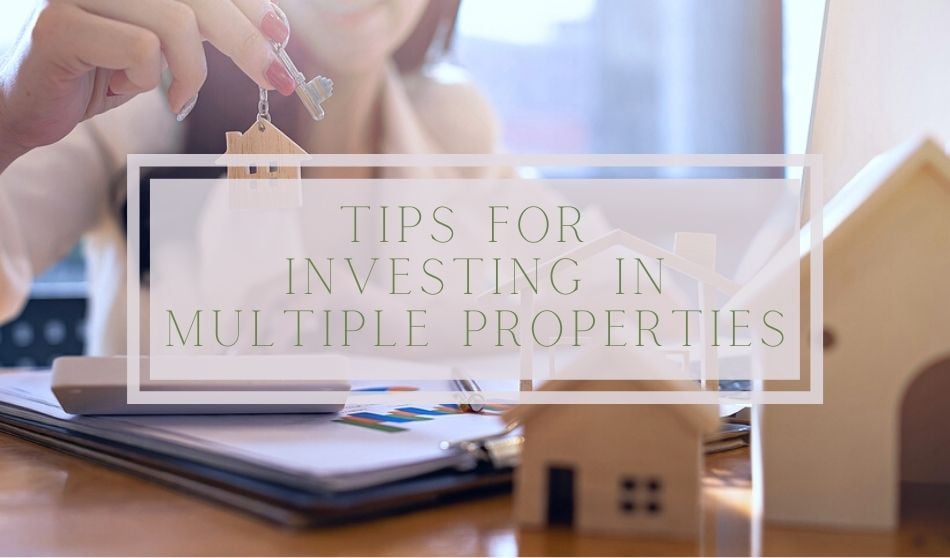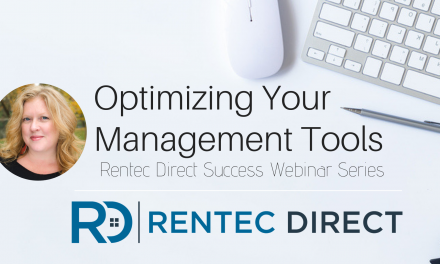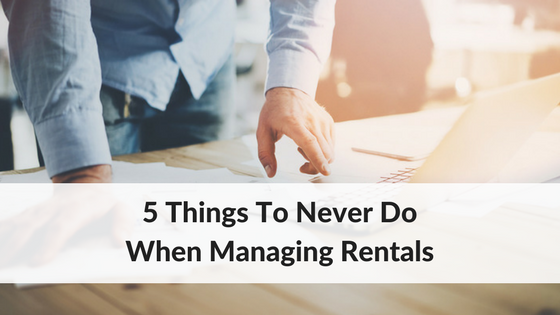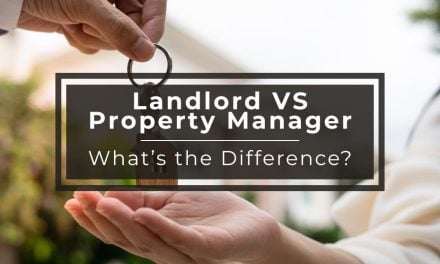With less risk than playing the stock market or investing in a business, investing in real estate has proven to be a time-tested approach for building long-term wealth.
How you invest in real estate depends on your skills and interests. While some prefer to own rental properties that collect rent, others buy fixer-uppers to flip and sell for a profit. Most investors begin with a single property, but to build your wealth faster — and with larger profit margins — there may come a time when you want to have multiple properties in your real estate portfolio.
If you’re preparing to expand your real estate investment portfolio, here are some considerations and tips for investing in multiple properties.
Multiple streams of income
The greatest benefit of having more than one investment property is having multiple streams of income. This holds true if you’re flipping homes or renting them as income properties.
When flipping homes, it can be helpful to have multiple properties at varying stages of the process. By purchasing your next project while one is under construction and another is ready for listing, you’re creating a production pipeline that will help you expand your earning potential.
Likewise, if you sell your first house to a company for cash, you can take the profits and invest them into a down payment on your next home purchase, or into repairs of another property already in progress.
As a landlord, having multiple properties gives you multiple revenue streams. If you are less interested in the property management side of the business, having multiple properties also makes it easier, and more financially sound, to turn over daily management to a third party.
Diversifying risk
In addition to giving you multiple streams of income, a larger real estate portfolio diversifies your risk. While real estate is typically considered safe, all investments come with some risk.
For home flipping, having multiple properties at varying stages can give you peace of mind in case there are delays during one step of the process. Once your bid on a home is accepted, it can take anywhere from one week to more than a month to close on the property and start your work on it. If the purchase or sale of one home takes longer than expected — or a property requires more repairs than anticipated — you won’t have all of your eggs in one basket.
For income properties, having multiple rental agreements can provide you coverage during times of transition. By staggering your lease start dates, you can ensure you always have rental income filling your coffers from at least one source, even if one unit is vacant for an extended period of time.
Properties with multiple forms of income
Multi-family homes, such as duplexes, townhomes, or apartments, are a way to ease into owning multiple investment properties while paying a single mortgage. While multi-family homes are typically more expensive up front, that investment can yield greater profit margins for you more easily than buying several separate properties at once.
Although buying a multi-family home will likely cost more than buying a single-family home, it is also easier to finance with a mortgage. Banks are more likely to approve a loan for a multi-family home because they know the property owner will have more than one source of income, ensuring they will receive repayment and lowering the risk of foreclosure.
A multi-family home will also help you grow your real estate investment portfolio more quickly. If you buy one single-family home, you will have one stream of income. If you buy a property with the potential for two or three tenants, you’ll double or triple your income. That isn’t just faster money, it’s a simpler path to navigate.
Securing funding for multiple properties
When purchasing a primary residence, most buyers will make a down payment on the property and cover the rest of the price with a mortgage. While mortgages are also available for real estate investors, most lenders will limit the number of mortgages granted to an individual. Most people are typically limited to four 30-year mortgages, while buyers with larger cash reserves may be granted up to 10.
Real estate investors have more options for securing financing on investment properties than the average buyer who is purchasing a primary residence or rental home. While buyers in these standard real estate transactions must typically pay in cash or with a mortgage, investors can secure private loans. Private loans typically come at a higher interest rate than a standard mortgage loan.
If you aren’t able to take out another line of credit, you can also consider financing the purchase of future properties by cashing out stock options or 401(k) plans. There can be some risks or financial penalties associated with going this route, so be sure to consult a tax or retirement expert before you do.
Depending on your expertise — and the extent of direct involvement in your properties — it can pay off financially in the long run to outsource part of the work. For rental properties, you can hire a property management company. For flipping properties, you can work with a flat-rate real estate agent who will list, sell, and purchase future properties for less money than standard realtors, who typically charge 2.5% to 3%.
Tax Benefits
With multiple income properties, you open up more possibilities to take advantage of tax benefits through IRS Code 1031, also known as a 1031 exchange.
Learn more: Tax Deferred 1031 Exchange Basics for Investors
Simply put, a 1031 exchange allows you to indefinitely defer payment on income earned from the sale of one property by investing the revenue into the purchase of another like-kind property. For example, if you earned $200,000 on the sale of one property, you can reinvest that income by making down payments on two new income properties, allowing you to build wealth over time.
As with any tax maneuver, there are several considerations to keep in mind with a 1031 exchange. So don’t be afraid to ask questions when talking to a 1031 exchange company.







INVESTING IN MULTIPLE PROPERTIES. It is a very important topic these days. property is a very good way for investing money. and we should know about this.
Thanks for your feedback!